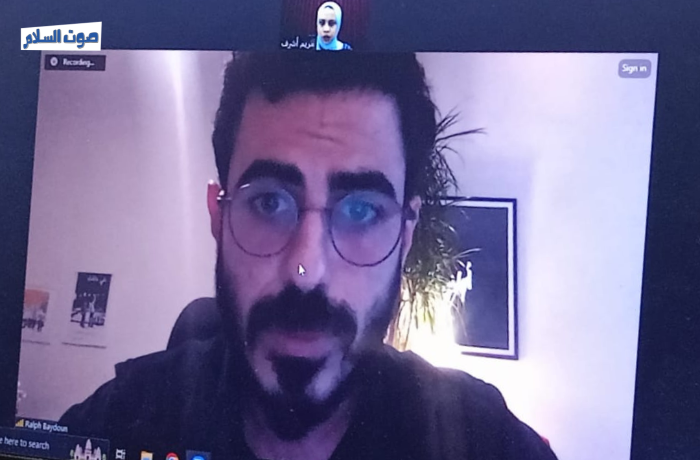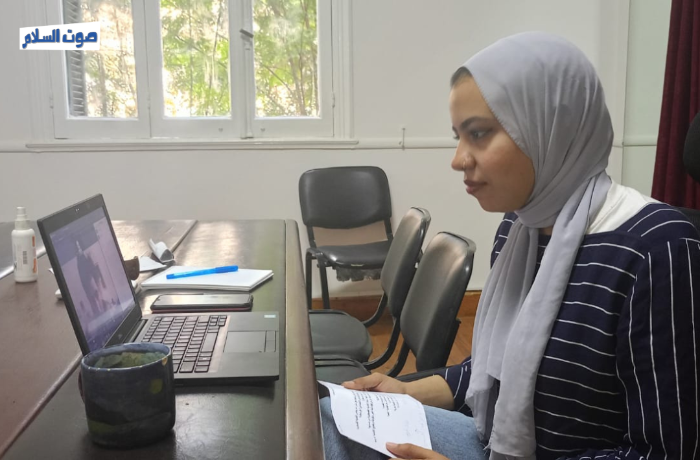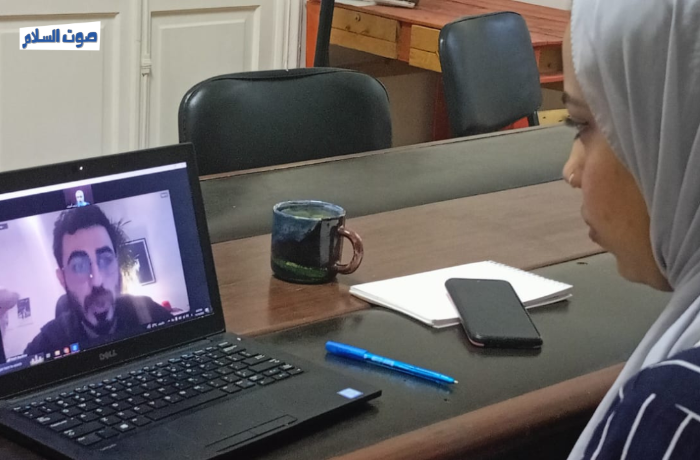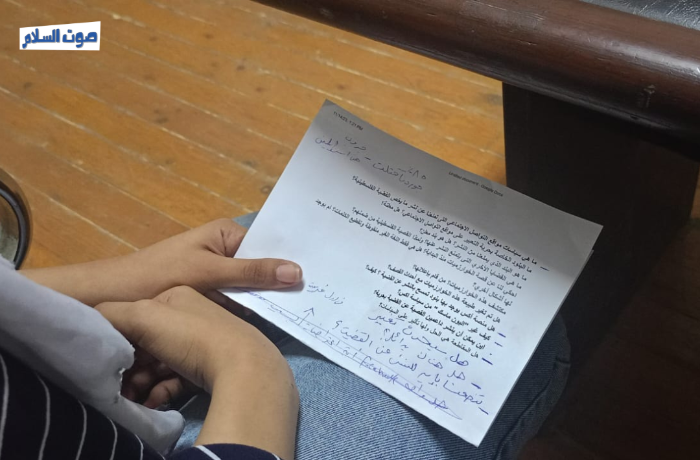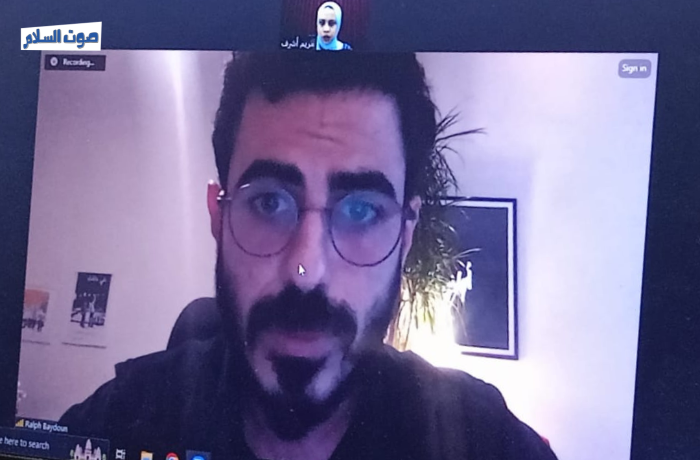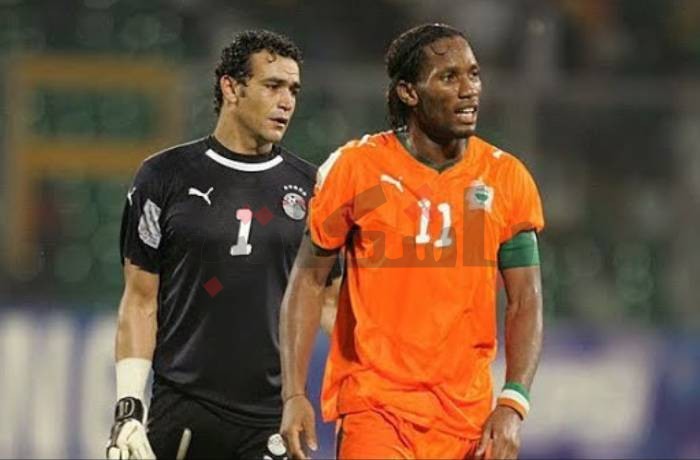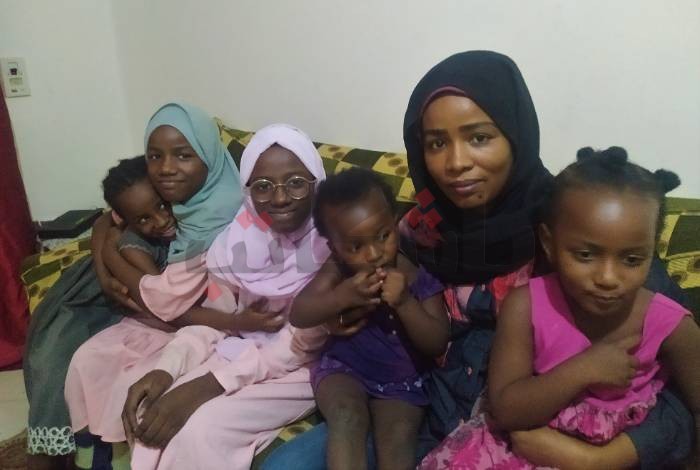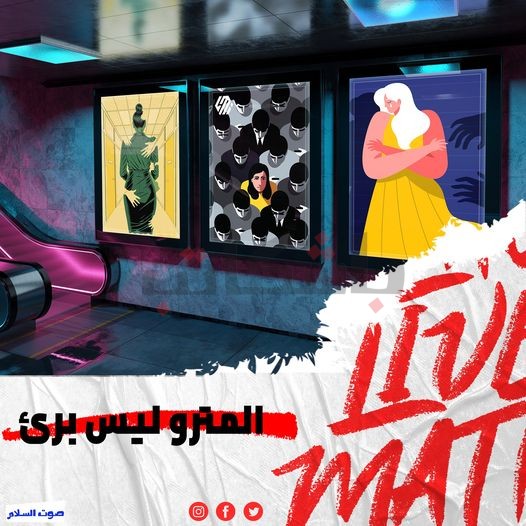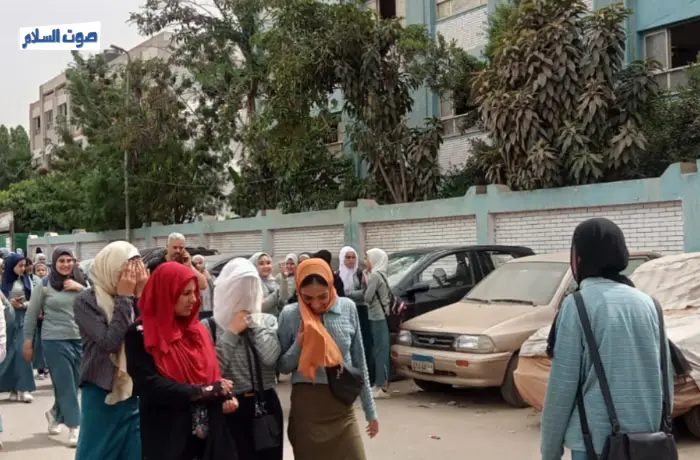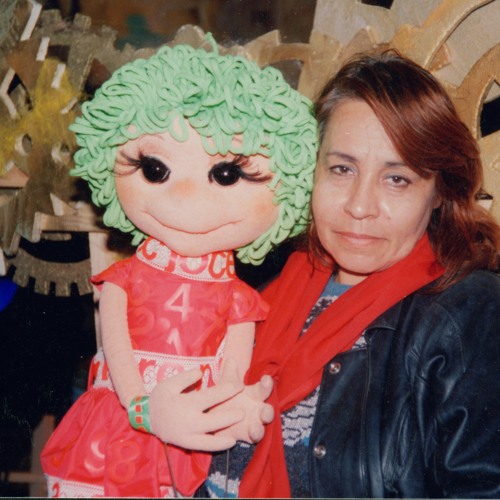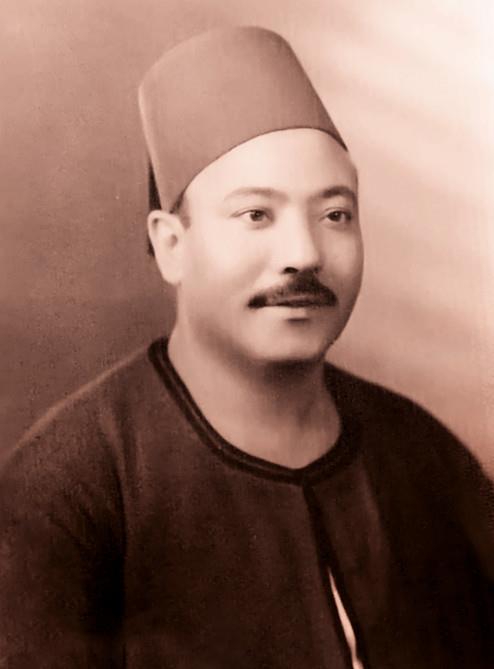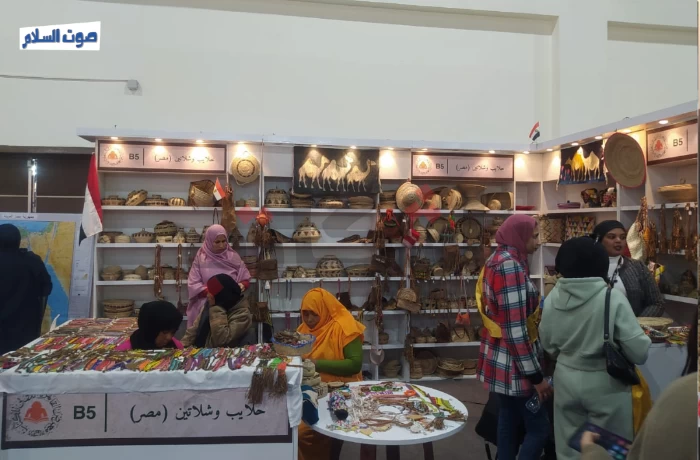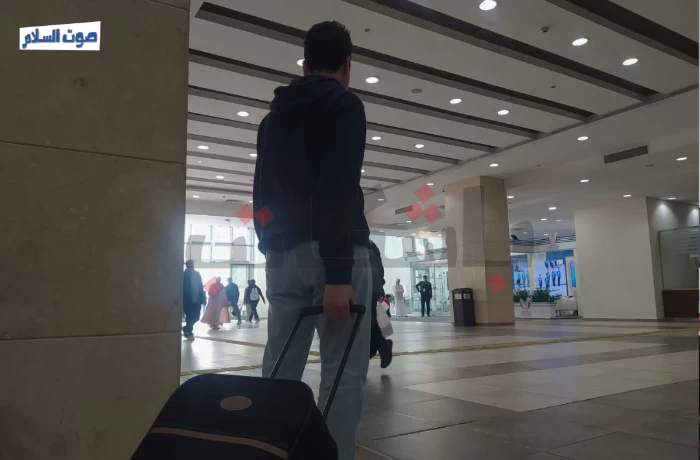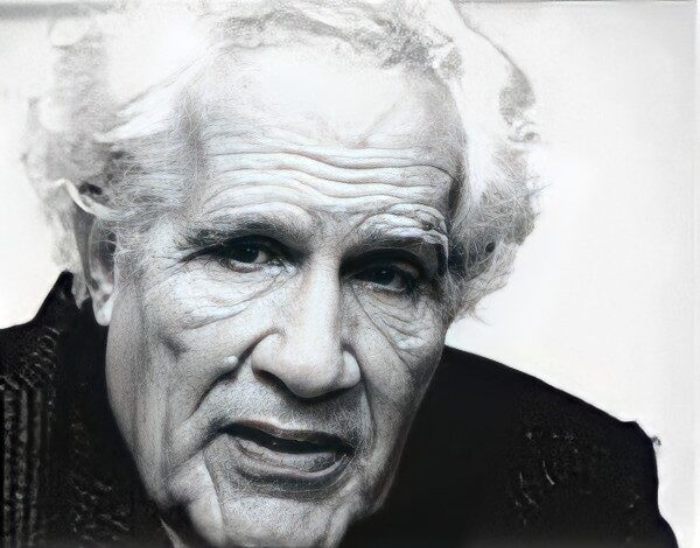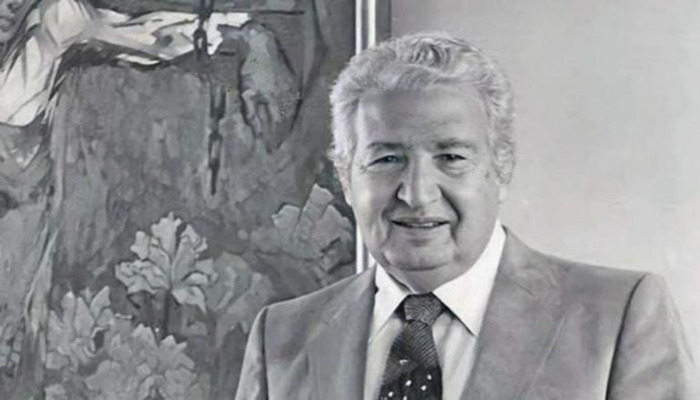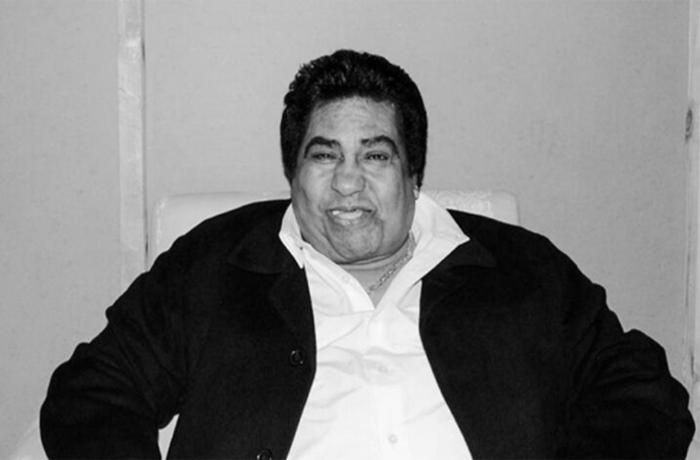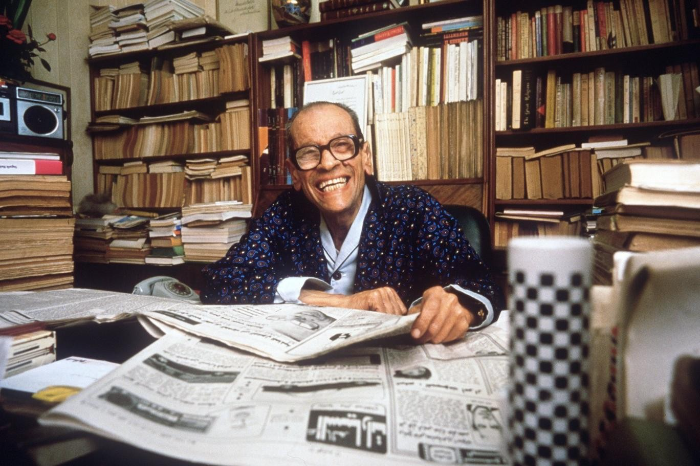Since last 7th October, the words: “we’ll not stop publishing … we’ll not stop talking … we’ll not stop exposing violations”, was one of the most widely circulated among the posts addressing the crimes the Palestinians are subjected to in Palestine, whether in Gaza Strip or the occupied lands.
As the Palestinians struggle to reveal and document war crimes committed against them, social media turned into another war zone, where defenders of the Palestinian cause joined in, working on revealing the truth and documenting the violations and crimes to the world.
Yet, over three months of daily posting, no one can deny how these websites changed their policies of publishing/hiding contents supporting Palestinians under the pretext of “encouraging violence”, preventing such posts from reaching all the members, unlike allowing other posts promoting contents supporting occupation.
To understand more of this subject, Sout Al-Salam conducted an interview with the Lebanese, Ralph Baydoun, founder of the “Influence Answer” company, which monitors the impact of social media on human behaviour and social circles. He answered our questions on social media restrictions on published contents regarding Al-Aqsa Flood and the bombing of Gaza.
* Why is the content related to Gaza events is blocked on social media?
There is no just one reason for blocking, but there are many factors led to this, most important of them is the lack of understanding of our language and Arab history during creating such codes and algorithms that do not support our language and history, also those code creators do not adopt Arabic words and Arab history.
For example, the crisis of these codes and Arabic translation becomes evident in the “bio” of the Palestinian activist Yazan Al-Hourani profile on social media, he wrote “Alhamdulillah” (praise be to Allah), which was translated to “a Palestinian terrorist on earth” to the other languages.
Another example, during the occurrence of the Sheikh Jarrah events in 2021, the events related contents and “save Sheikh Jarrah” hashtag were blocked, as the codes considered them “terrorist content”, but when Meta in 2022 investigated the issue, it revealed that the scope of scrutiny and supervision of Arabic content is twice as much as the scrutiny of Hebrew content, and that the mere difference in the language creates racism and scrutiny by the codes and their creators.
* Do you think there is a racist policy against Arabic and Palestinian content, specifically on social media websites?
The response to your question would be to monitor the impact of the occupation’s government on the policies of social media websites; in 2016, the occupation Prime Minister Benjamin Netanyahu has threatened to sue Facebook, YouTube, and Google and demand a fine in case they refused to commit to the occupation’s decision on blocking any Palestinian content, which he described as being “a content encouraging the Palestinian violence”. Since that time, those companies’ commitment to blocking the content has increased for fear of legal penalties.
We have to clarify that one of the public policy office directors for social media websites in the world is Jordana Cutler, the Head of the Office of the occupation Prime Minister Benjamin Netanyahu and Chief of Staff of the Israeli diplomatic mission to Washington, so from such positions and background we can imagine how these public policies and websites would be.
Putting these factors together, we’ll realise why this blocking for the Palestinian content happens, and why this is our reality on websites claiming to be a space for freedom of speech and opinion, but I believe we can work on these factors until we create our own space on these websites.
* What are the clauses "META" put to block posting about the events in Gaza?
There are no clauses on the websites affiliated with META company blocking posts on Gaza, however there is a certain clause of “preventing hate speech, harassment, and incitement to violence” which they manipulate to serve their agenda, and we agree on such clauses that show while installing the application. The definition of the clause is a bit vague so they manipulate it by classifying any Palestinian content as a hate speech, whereas any content on the occupation is not classified as hate speech or incitement to violence.
Currently, there is a group now called “Antisemitisms and Jews Haters Around the World” on Instagram, it has thousands of Israelis on it. The members of this group post an Arabic content supporting Palestine, so the Israelis enter the accounts of this content publishers and write comments containing clear hate speech and violence incitement. They also use the personal info of the account holder and publish it for everyone to see. META doesn’t consider the actions of the Israeli members as a violation to “preventing hate speech, harassment, and incitement to violence” or privacy violation, as long as the personal number of the Palestine supporter account was not published, although the Israeli members share the account holder’s work address, personal address, and LinkedIn account, endangering their career and social life.
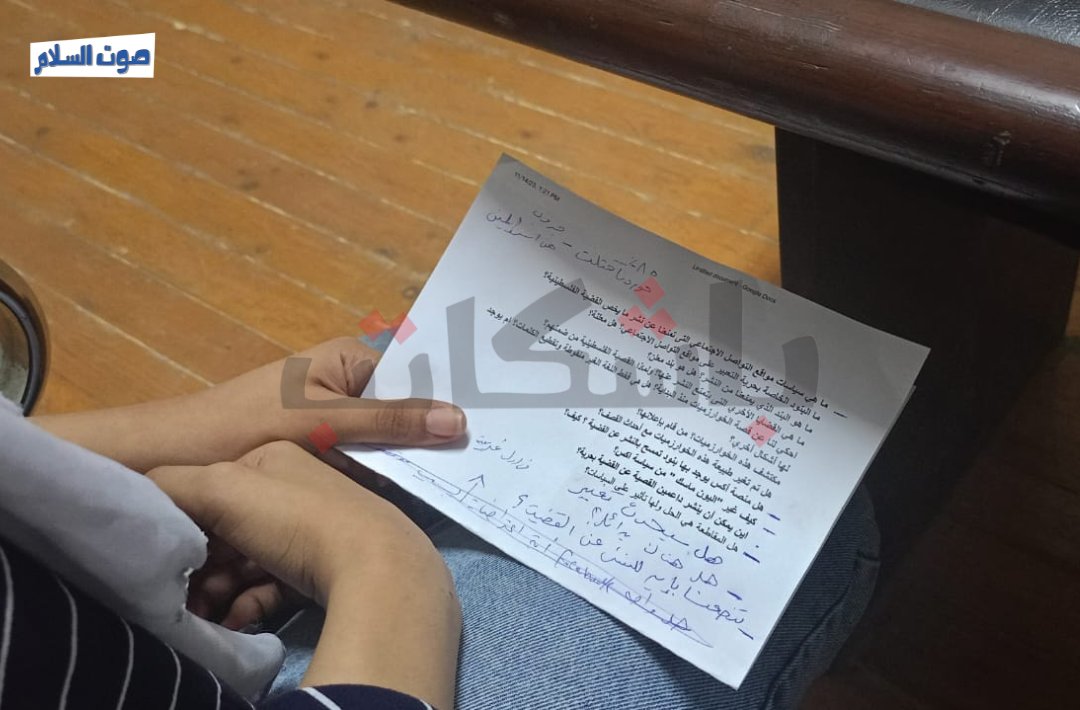
* What about X website, formerly known as Twitter?
Since Elon Musk took over the company’s management, he fired 3000 employees, among them a large number of people specialised in content moderation and verifying the information and misleading content, reducing the credibility of this platform. X platform also started charging monthly fees for the blue verified badge for the accounts, which led to the absence of authenticity from the website; for anyone now can buy a badge of authenticity and credible information.
The truth is, Musk during the bombing of Gaza allowed posting on X without algorithms, but basically the platform is losing credibility because of what he did.
* What are other causes that get their content blocked?
There are no other causes that are blocked on social media but for the Palestinian cause, starting from Sheikh Jarrah events in 2021, which was our first clash with the websites’ policies, and we witnessed content blocking for the first time.
* Is boycotting such websites is the solution?
Boycotting is not the solution; META is currently the biggest company in the world, that’s why we need to use such companies to write about Palestine, away from ordinary media platforms. We need to deeply analyse the factors that lead to blocking the content in order to change them while posting on the current events and next ones. If we stopped publishing and boycotted them at a time they’re trying to silence us, this would be seen as a defeat, for the Arabic content is larger than we can imagine and we can fight back using it.
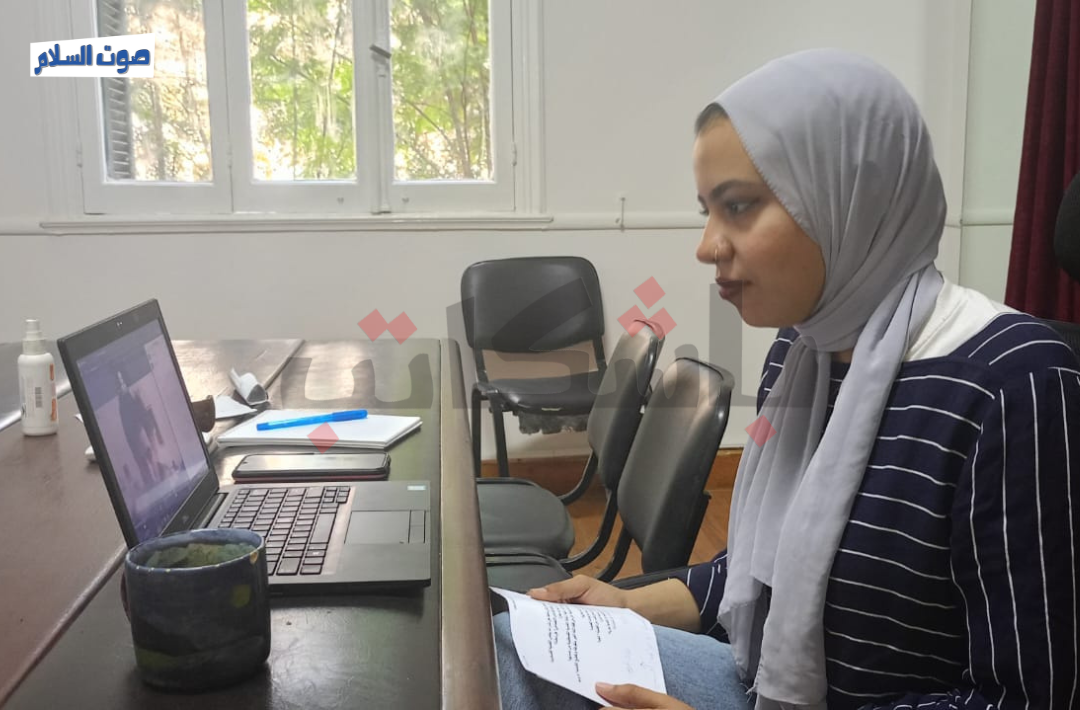
Definitely there are supporters of the Palestinian cause inside these companies, there are small battles and bigger ones running inside these platforms and we have to be the stronger party, in order to update these websites with policies befitting us, as our battle is a public opinion one in the first place.
* What advice would you give to social media users while publishing about Gaza?
Be creative; Arabic language is rich, we can use its synonyms to write about our causes, and most importantly keep posting till the end. Post in Arabic, English, and Hebrew. Outsmart the algorithms, like skipping the dots in the Arabic letters or separating between the words that the algorithms might pick up.
Publishing about the cause in the first days of the bombing made a huge impact that might be written in history books in the future, constituting a difference in the fate of the cause. That’s why I believe that social media policies are going to change after such events.
There is a Lebanese proverb about the social media policies and posting about Palestine saying: “We don’t kill the guard … we want to eat grapes”, expressing that we shouldn’t boycott the websites but rather manipulate their codes and algorithms.
